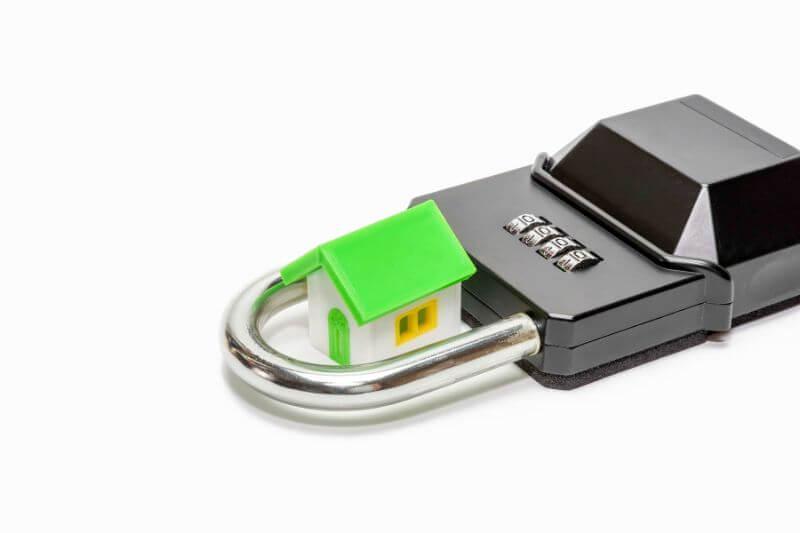Co-operative Housing
Summary
Co-operatives are a form of shared ownership where each owner is a shareholder in a corporation that holds legal title to the property. This is a unique type of ownership – different than condominium and strata living – that can come with its own challenges and benefits.
What is it?
A Co-operative or Co-op is a type of undivided joint ownership in property, in which a corporation or enterprise holds legal title of a property and shares are allocated to each unit in the property. Therefore, each owner (shareholder) is granted a proprietary lease of a specific unit within the building. This arrangement makes co-ops different than other forms of ownership, including strata corporations, because an individual fee simple is not bestowed to each co-operative owner’s unit.
Thus, co-ops allow for a unique form of community living, comprised of shared amenities and individualized entitlements. Co-ops bear qualities that resemble aspects from both landlord/tenant relations and strata-like governance. The corporation is like a governing landlord and each shareholder is like a tenant, but all shareholders collectively comprise the corporation and, therefore, share in ownership.
Formation and Governance
Co-ops may be created under the Co-operative Association Act, the Societies Act, or the Company Act. Legislation requires that the legal titleholder (company or enterprise) must have a word like “co-operative” or “co-op” in its name, so as to clearly convey the nature of the ownership.
In order to become an owner in a co-op, a buyer must purchase shares of the company or enterprise (that holds the legal title) and be admitted as a member of the co-operative. All members are responsible to make regular financial contributions (much like strata fees in strata corporations) to cover the cost of building repairs and maintenance and to safeguard the value of the property. Members also consent to follow the collectively adopted rules, administration, and governance of the co-op.
Pros and Cons to Co-Operative Ownership
Pros
- Co-ops can be a great way to own property at a reduced cost; co-ops can sometimes be designed with the purpose of assisting people with low incomes or disabilities.
- Ownership of a co-op confers exclusive possession of a specific unit to a shareholder.
- If the term of the lease lasts as long as the person is a shareholder, the owner enjoys security, peace of mind and control over the duration of his time living at the co-op. (Whereas, in a standard tenant/landlord relationship, the tenant may be evicted if the landlord decides to sell the property).
Cons
- It can be difficult to obtain financing for purchasing shares in a co-op and borrowing rates can often be higher because the shareholder does not own his own fee simple interest in land so he cannot grant a mortgage or charge over the property title. Instead an owner/purchaser can grant a security interest on his shares via the Personal Property Security Registry (PPSR).
- Note: As a collective whole, a co-op can grant a blanket mortgage over the entire property with the consent of its members. However, in this case, if a shareholder fails to make payments, the remaining members must pay to make up for the deficiencies of the delinquent shareholder in order to prevent default on the blanket mortgage.
- Co-ops can sometimes be difficult to sell (because they are hard for purchasers to finance and because purchasers must be approved for membership by the co-op).
- If the term of the lease is for a set duration, independent of being a shareholder, the lease will eventually expire, causing the value of such interest to decrease over time (note: this is the same thing that happens with leasehold properties).
Comparing Co-operatives to Strata Corporations
Co-op
- Creation: incorporation of a company; sale of shares together with long-term lease.
- Owner owns shares in the company and is a tenant of the company on a long-term lease; the company owns building in fee simple, but each owner has an undivided joint ownership in the property.
- Governed by: Company Act, Cooperative Association Act, Society Act and (possibly) Shareholders’ Agreement.
- To Sell: owners transfer shares and assign the rights under long-term lease.
- If there is a blanket mortgage, owners may need to make additional payments to compensate for delinquent owners in order to prevent a default on the blanket mortgage.
Strata
- Creation: file a Strata Plan at the Land Title Office
- Owner owns Fee Simple interest in a strata lot; owner shares in common property as Tenants in Common with other owners.
- Governed by: Strata Property Act, Strata Corporation’s bylaws and rules.
- To sell: owners transfer fee simple to purchaser.
- Each owner is responsible for financial payments assessed to his own strata lot only. (Example: monthly strata fees/ assessment for his unit; payments against his own mortgage only).







